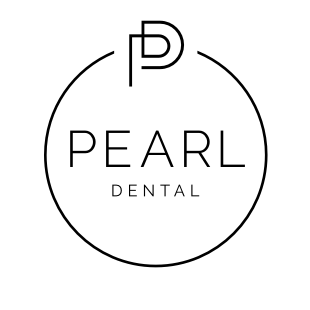Our functional dental treatments include mouth guards, snore guards, or treatment for TMJ or NTI-TSS. We work closely with patients to determine the best treatment plan and customize care to each patient’s unique needs.
Bruxism Appliances & Occlusal Guards
When patients grind and clench their teeth in their sleep, we suggest the use of a removable occlusal guard. This device fits over the teeth and helps prevent the teeth from becoming worn down. If the grinding and clenching is also taking place during the day, we recommend day-time use of the guard as well. Another option to stop nighttime teeth grinding and prevent damage related to bruxism (excessive grinding of the teeth) is the use of a night bite plate or bite splint. Use of these custom fitted appliances can also help relieve pressure on the jaw and facial muscles that often accompany habitual grinding.
Athletic Mouth Guards
According to the ADA, one of the best available ways to reduce the incidence and severity of sports-related dental injuries is through the use of a custom-fitted mouth guard. Our team can create a customized mouth guard to help keep your teeth protected during physical activity.
Snore Guards
Similar to mouth guards, snore guards are custom fit to your mouth. In this case, the guard is used to reposition the jaw to help your airway remain clear and open during sleep. This prevents snoring, improves sleep, and assists with mild to moderate sleep apnea.
NTI-TSS Treatment
A common effect of teeth clenching and grinding is headaches and migraines. One treatment for this is a Nociceptive Trigeminal Inhibition Tension Suppression System, which is a small, custom-fit plastic device that relaxes the muscles involved in teeth clenching and grinding. The device, an anterior bite stop, is worn at night over the two front teeth to keep the top and bottom canines and molars from touching.
TMJ Therapies
TMJ disorders often result in pain in the jaw joint and in the muscles that control jaw movement. TMJ disorders are caused by a number of factors, and once the cause is diagnosed, we’ll work with you to develop a customized treatment plan. Mild cases can usually be self-treated by eating soft foods and using ice packs, as well as with non-surgical treatments, such as stabilization splints and anti-inflammatory medication. Patients with more severe cases may be referred to a specialist.
